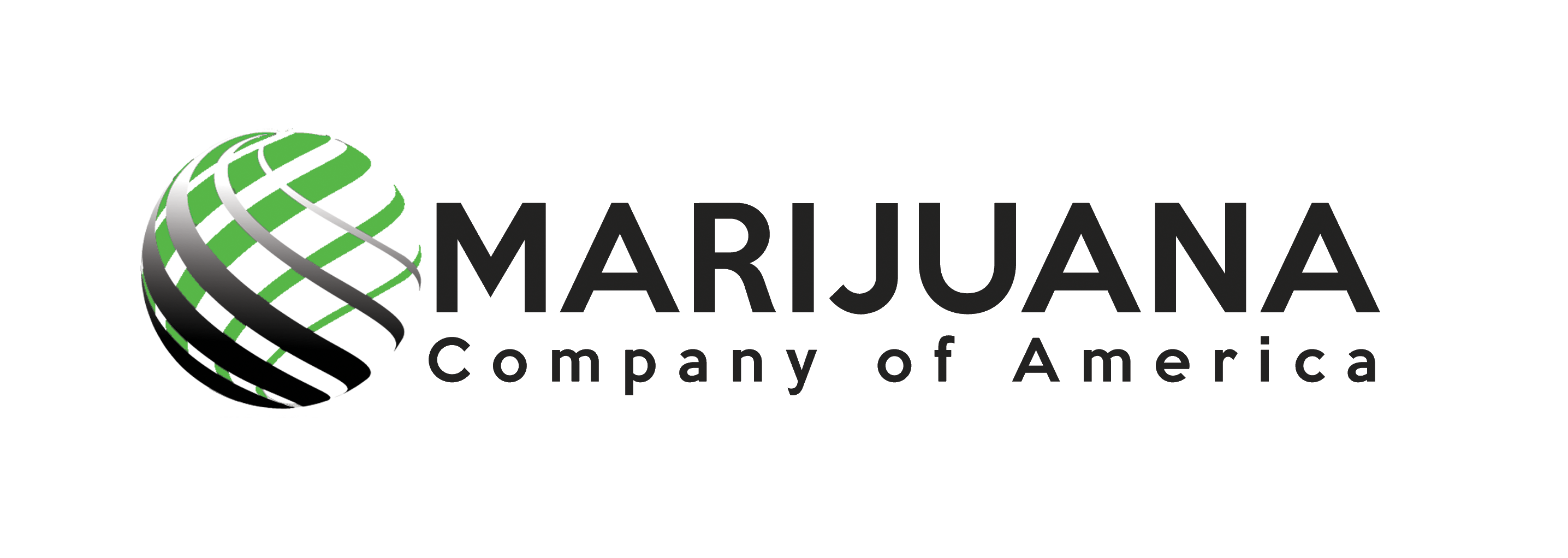- Major lithium producers not expected to make up impending shortfalls
- Standard Lithium nearly triples lithium assets to meet demand
- Company expediting activities to exploit global imbalance
The increasing demand and value of lithium have been reflected in the performance of lithium mining stocks over the last year. Lithium stocks have rocketed over the last twelve months propelled by insatiable demand for the alkali metal. Lithium has a broad range of industrial applications, from lubricants to glass and ceramics, alloys for lightweight metals, and now, progressively more, in Li-ion batteries.
Sixty percent of lithium use was used in industrial non-battery applications in 2015 while 25% was used in traditional batteries and fourteen per consumed for use in electric vehicles. Energy storage and e-bikes used less than 1% of output. A 2016 Deutsche Bank Markets Research Report (http://dtn.fm/Q66Fw) projected demand for 2025 is much different, not only in overall demand tonnage, but the percentages each application encompasses. By then the majority of lithium (38%) will be consumed by electric vehicles, 6% used for energy storage, and 14% for e-bikes. It’s no wonder that lithium demand has been projected to grow over 300% in the next six years.
Even with major producers ramping up production, serious shortfalls are expected. Shortages can only be made up by junior miners like Standard Lithium Ltd. (TSXV: SLL) (FRA: S5L) (OTCQX: STLHF). Standard Lithium is rapidly assembling a prodigious portfolio of U.S. based lithium brine assets and actively engaged in the further exploration and development of its Bristol Lake, Brine Project located in the Mojave region of California. Standard Lithium’s Bristol Lake project initially encompassed 16,600+ acres of placer mineral claims, but with the company’s recently announced MOU with Tetra Technologies, Inc. (NYSE: TTI), they have almost tripled the entire Bristol Dry Lake Lithium Project and now has up to 48,000 acres of placer mineral claims and private property lithium brine assets available for development.
Comprehensive geophysics gravity surveys over the Bristol Lake Project indicate potentially high concentrations of lithium-bearing brines present throughout the company’s mineral lease agreement claims and expansion of nearby assets are expected to produce equally promising results. With permits already in place for extensive brine extraction and processing, Standard Lithium is expediting activities to exploit the huge imbalance and meet the urgent need for new lithium sources.
With enormous market imbalances unlikely to be rectified by major producers, investors interested in riding the lithium wave should consider junior miners like Standard Lithium for potential significant capital appreciation.
For more information about the company, visit http://nnw.fm/standardlithium





